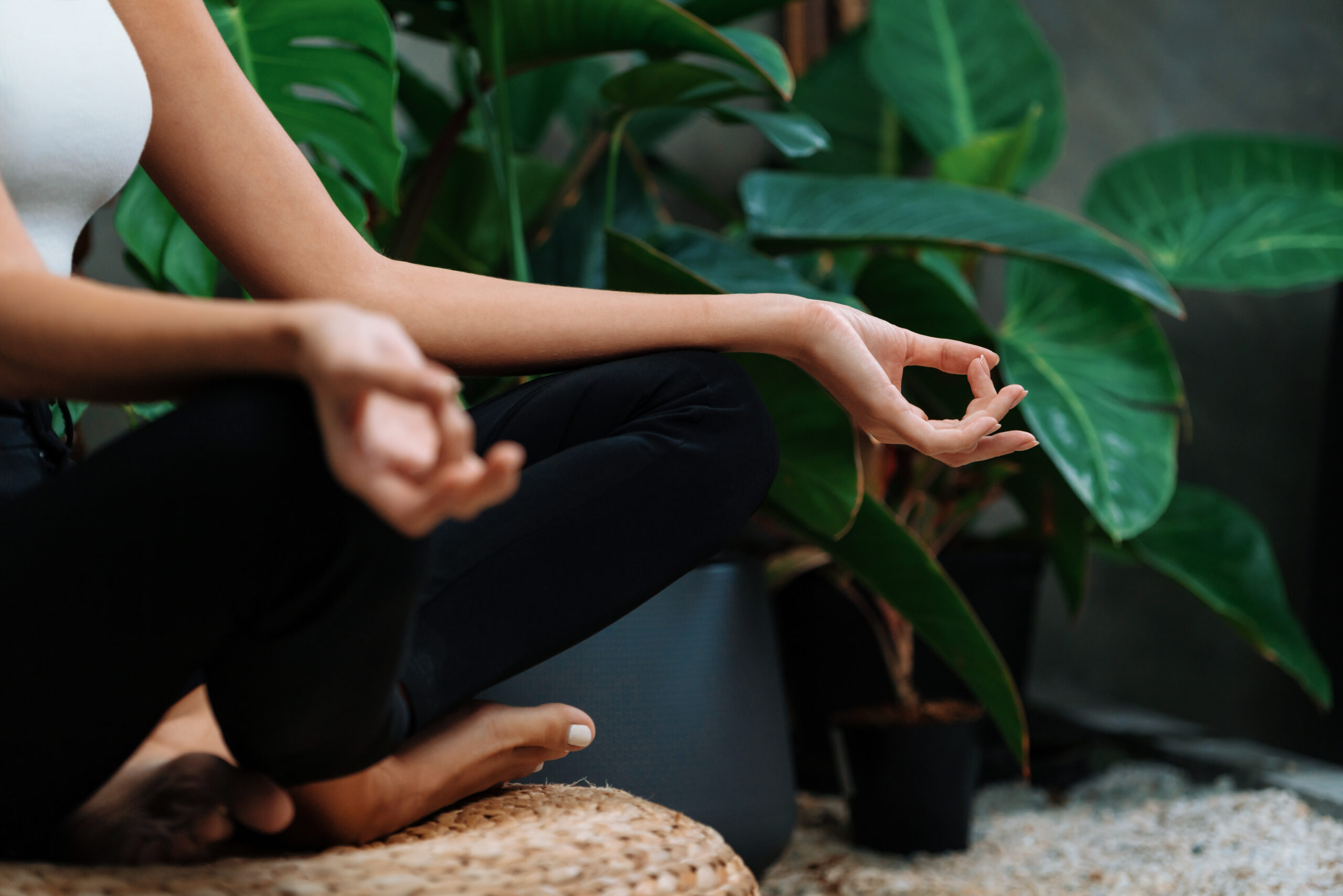When I first started gardening on my rooftop in Brooklyn, I’ll admit—my main goal was to grow enough herbs and veggies for myself. I pictured myself making fresh pesto from my own basil, tossing crisp lettuce into a salad, and brewing mint tea picked just minutes before.
And I do all of that, of course. But over the years, something else has brought me even more joy than eating what I grow: sharing it. Handing someone a bag of tomatoes still warm from the sun, or a bunch of lavender wrapped in twine—it’s hard to describe the happiness that comes from that. It feels like I’m giving them more than food. I’m giving them a piece of my heart.
Growing More Than Plants
There’s a saying in Buddhism: Happiness never decreases by being shared. I think about that a lot when I’m gardening. The plants I grow don’t just feed me—they build connections.
Sometimes, I leave little bundles of herbs in a basket outside my building with a note that says, “Please take what you need.” Other times, I knock on my neighbor’s door with a jar of homemade pickles or a bag of kale. These small acts have led to conversations and friendships I might never have had otherwise.
When you share food you’ve grown yourself, it carries your time, care, and intention. People can feel that. It’s not just a tomato—it’s a story.
Learning the Lesson of Enough
Before gardening, I didn’t think much about abundance. In the city, it’s easy to get caught up in the idea that there’s never enough—never enough time, space, or resources. But the garden has taught me a different truth: when you tend something with love, it often gives back more than you expect.
One summer, my cherry tomato plants went absolutely wild. I had more than I could possibly eat. At first, I felt almost stressed by it—what was I going to do with all these tomatoes? Then it clicked: this was my chance to share.
That week, I gave tomatoes to friends, neighbors, the folks at my local coffee shop, even my mail carrier. The more I gave away, the lighter and happier I felt. The garden had produced enough for everyone, and in the process, it had softened my own sense of scarcity.
Giving Without Expectation
One of the core Buddhist virtues is dāna, or generosity. True generosity means giving without expecting anything in return—not even gratitude. Gardening has helped me practice that.
Sometimes, I never find out who takes the herbs from the basket outside my building. Sometimes, people don’t say thank you. And that’s okay. The act of giving is complete in itself.
There’s a quiet joy in letting something go and knowing it might brighten someone’s day. The gift is in the offering, not the response.
Food as Connection
Sharing the harvest has deepened my sense of community in ways I didn’t expect. In a city where people often keep to themselves, a bag of fresh produce can be an invitation to talk.
I’ve swapped zucchini for sourdough bread with a baker down the street. I’ve traded herbs for honey from a neighbor who keeps bees. I’ve even ended up cooking dinner with people I barely knew before they took a handful of my peppers home.
Food is universal—it bridges gaps between cultures, ages, and backgrounds. When it’s food you’ve grown yourself, it carries an intimacy that store-bought can’t match.
A Spiritual Harvest
In Buddhism, the garden is often used as a metaphor for the mind—you plant seeds of kindness, compassion, and wisdom, and you tend them carefully. Sharing my harvest feels like the natural extension of that metaphor.
When I give someone a cucumber or a bunch of parsley, I’m also sharing the mindfulness and care that went into growing it. I’m sharing the mornings I watered in silence, the afternoons I weeded while the sun warmed my back, the evenings I sat among the plants watching the city lights come on.
It’s a way of saying: This is the goodness I’ve grown—please take some for yourself.
How to Start Sharing Your Harvest
You don’t need a big garden to experience the joy of sharing. Even if you have one pot of basil on your windowsill, you can pinch off a few sprigs for a friend. Here are a few ideas I’ve found work well:
- Start with small gifts. A handful of herbs, a couple of ripe tomatoes, or even a jar of homemade jam can make someone’s day.
- Share with strangers. Leave extras in a box or basket with a “Free—Please Take” sign.
- Trade with others. Swap your produce for bread, honey, or other homegrown goods.
- Bring it to gatherings. A salad made with your own lettuce or a dessert topped with your berries adds a personal touch.
The key is to give freely, without overthinking it. Let it be simple.
The Harvest That Lasts
Every season, my garden gives me more than I can possibly use—and that’s the point. The extra isn’t a burden; it’s an invitation to connect, to give, and to remember that life is richer when it’s shared.
Some of my happiest memories aren’t of eating my own harvest, but of watching someone else’s face light up when I hand them something fresh from the garden. That moment—that exchange—is the real harvest.
And here’s the beautiful thing: the more you share, the more you receive—not in produce, but in friendship, trust, and joy. It’s a cycle as natural and nourishing as the seasons themselves.
